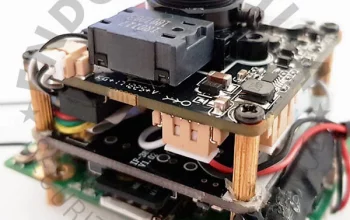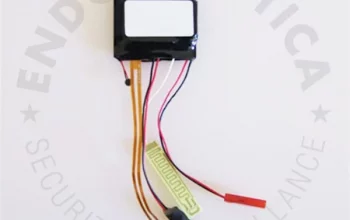A few days ago, we talked about a research aimed at testing usage of graphene-based electrodes in production of Lithium-ion batteries that would last up to 3 times longer. Today, we are here to inform you about a new development in this direction, which could cause batteries to last even 10 times longer thanks to silicon nanotubes.
In fact, researchers from Stanford University are developing silicon-based electrodes which could allow, for example, a longer operating time for hybrid cars, allowing them to travel on electric power for up to 3 or 4 hours, versus the current maximum of around 30 minutes.
The silicon electrode can store a higher amount of energy compared to graphite, as it absorbs more lithium during its recharge phase. The disadvantage lies in the higher load, in terms of weight and volume, that the electrode must stand, and which limits its lifespan. To solve the problem, researchers are using nanostructured silicon, made up of micro-sized tubes.
This kind of structure creates a larger contact surface available for the lithium being absorbed by the electrode, and also a larger space for the silicon to expand and contract during charging and discharging of the battery. At the moment, the resistance of these electrodes is being tested, in order to make them fit to withstand several hundreds of thousands of recharging operations.
Should these tests give a positive result, we would have one more resource available to prolong lifespan and enhance efficiency of all devices powered by a Lithium-ion battery, especially in the audio and video surveillance field, which is very sensitive to technological innovation, where a longer battery life might make the difference between success and failure of a surveillance operation.


